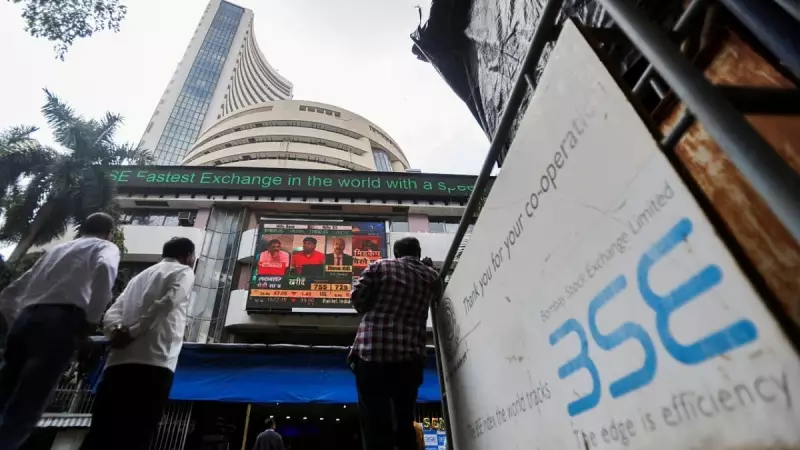
Indian equity markets witnessed a robust opening on Wednesday, driven by positive global market trends and growing optimism surrounding a potential India-US trade agreement. Both benchmark indices recorded significant gains during early trading hours, reflecting renewed investor confidence.
Market Performance Highlights
The 30-share BSE Sensex demonstrated strong momentum, climbing 464.66 points or 0.55% to reach 84,335.98 in early trade. Similarly, the broader 50-share NSE Nifty appreciated by 134.70 points or 0.52% to settle at 25,829.65.
This upward movement represents one of the most substantial single-day gains in recent weeks, indicating a positive shift in market sentiment. The rally was broad-based with multiple sectors contributing to the overall market upswing.
Key Drivers Behind the Rally
Market analysts attribute this positive performance to several crucial factors. Firm global cues have played a significant role, with major international markets showing strength in their previous trading sessions. This global optimism has created a favorable environment for emerging markets like India.
Additionally, growing optimism about the India-US trade deal has provided a substantial boost to investor morale. Recent developments suggest progress in trade negotiations between the two nations, raising expectations of enhanced trade relations that could benefit multiple sectors of the Indian economy.
Market Outlook and Analysis
The current market trajectory indicates sustained investor confidence in the Indian economy's growth prospects. The simultaneous rise in both Sensex and Nifty suggests that the bullish trend isn't limited to large-cap stocks alone but extends across market segments.
Financial experts suggest that if the positive triggers continue, markets might maintain this upward movement throughout the trading session. However, they also caution investors to monitor global developments and domestic economic indicators for sustained market direction.
The trading activity on November 12, 2025 reflects how international developments and trade diplomacy can significantly influence domestic market performance, highlighting the interconnected nature of global financial markets.





